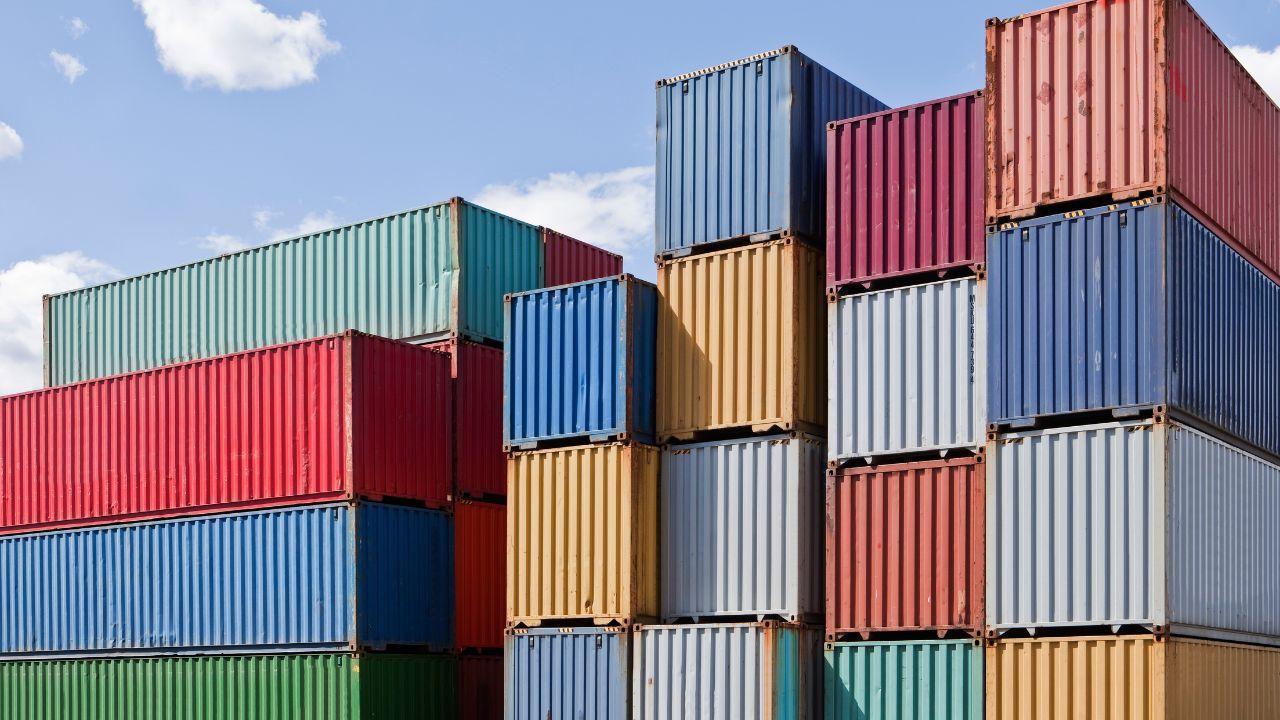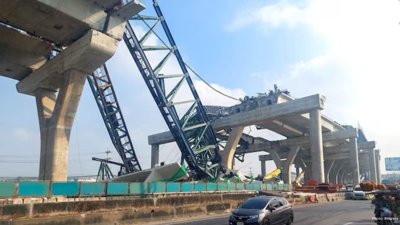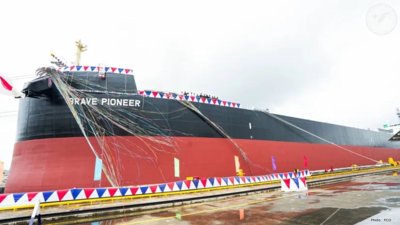
Post by : Meena Rani
Global events such as pandemics, natural disasters, and trade conflicts have exposed vulnerabilities in supply chains worldwide. These disruptions have made it clear that traditional supply chain management, which often focused on cost-cutting and efficiency, is no longer enough. Companies need professionals who can anticipate challenges, respond quickly to changes, and build supply chains that are strong, flexible, and resilient.
In response, universities are taking action. They are redesigning their supply chain programs to equip students with the knowledge and skills needed to manage and overcome disruptions. By emphasizing resilience, adaptability, and sustainability, these programs aim to prepare graduates for the complex realities of today’s global business environment.
Changing Focus from Efficiency to Resilience
Traditionally, supply chain education focused mainly on efficiency, speed, and reducing costs. While these goals remain important, recent disruptions have shown that a supply chain focused only on efficiency can fail under pressure. Shortages, delays, and sudden market changes can paralyze businesses that are not prepared for unexpected events.
To address this, universities are shifting their approach. Supply chain programs are now incorporating topics such as risk management, scenario planning, and supply chain mapping. Students are learning how to identify potential vulnerabilities, predict challenges, and create flexible solutions that can adapt to changing circumstances.
Arizona State University: Leading with Research and Practice
Arizona State University (ASU) has launched initiatives to integrate supply chain resilience directly into its programs. Their Supply Chain Resilience Initiative brings together faculty, students, and industry partners to study current supply chain problems. Through research projects, workshops, and real-world case studies, students gain practical knowledge of how companies respond to disruptions.
By including these insights in their curriculum, ASU ensures that graduates are not only aware of potential challenges but also equipped with strategies to overcome them. Students learn about alternative sourcing, contingency planning, and crisis response—all critical skills for modern supply chain professionals.
Real-World Learning Opportunities
Marquette University has introduced courses that combine resilience with sustainability, emphasizing how supply chains can be both strong and environmentally responsible. Students learn to map supply chains across multiple tiers, understand the flow of goods, and spot potential weak points. These skills help them anticipate disruptions before they occur and respond effectively when challenges arise.
Iowa State University also emphasizes real-world experience. By maintaining partnerships with over two dozen companies, students can observe how businesses adapt to supply chain disruptions. These partnerships allow students to apply classroom lessons to real situations, bridging the gap between theory and practice.
Preparing Students for Global Supply Chains
The University of Tennessee, Knoxville, has redesigned its supply chain program with a global perspective. Students are introduced to international supply chains, learning how logistics, regulations, and cultural differences can impact global operations. This knowledge is critical because disruptions in one part of the world can quickly affect businesses elsewhere.
Understanding global dynamics helps students anticipate risks such as delays at international ports, changes in trade regulations, or sudden shifts in demand. By including international case studies, simulations, and project work, universities prepare students to manage supply chains that span multiple countries and continents.
Why Resilience Matters
Educators stress that resilience is more than just responding to crises—it is about preparing for the unexpected. A resilient supply chain can recover quickly from disruptions and continue operating under difficult circumstances. It also helps companies maintain customer trust, reduce financial losses, and gain a competitive edge.
Teaching resilience involves more than technical skills. Students also learn about communication, leadership, and decision-making under pressure. By embedding these lessons into supply chain education, universities are preparing graduates to handle real-world challenges with confidence and competence.
The Role of Technology
Modern supply chains rely heavily on technology, and universities are integrating these tools into their programs. Students learn to use advanced software for tracking shipments, analyzing risks, and optimizing supply chain operations. Technologies such as data analytics, artificial intelligence, and predictive modeling allow supply chain managers to make informed decisions and respond quickly to disruptions.
By combining technological skills with knowledge of resilience, students gain a comprehensive understanding of modern supply chain management. They are better prepared to work in industries ranging from manufacturing and retail to healthcare and logistics.
Building the Leaders of Tomorrow
The focus on resilience is not just about processes and technology—it is about people. Universities are committed to developing students who can think critically, anticipate challenges, and lead teams during times of uncertainty. Graduates who understand resilience are in high demand because businesses recognize the value of having professionals who can keep supply chains running smoothly even during crises.
Global disruptions have highlighted the need for strong, adaptable supply chains. Universities are responding by redesigning their supply chain programs to focus on resilience, adaptability, and real-world problem-solving. By combining practical experience, global perspectives, and technological skills, these programs prepare students to tackle the challenges of modern supply chain management.
In the years ahead, professionals trained in these programs will play a vital role in ensuring that businesses can withstand disruptions, meet customer needs, and thrive in an unpredictable world. The emphasis on resilience in education today is shaping the supply chain leaders of tomorrow, ready to create systems that are flexible, reliable, and sustainable.
Supply Chain Management, Resilience, Education, Universities










Advances in Aerospace Technology and Commercial Aviation Recovery
Insights into breakthrough aerospace technologies and commercial aviation’s recovery amid 2025 chall

Defense Modernization and Strategic Spending Trends
Explore key trends in global defense modernization and strategic military spending shaping 2025 secu

Tens of Thousands Protest in Serbia on Anniversary of Deadly Roof Collapse
Tens of thousands in Novi Sad mark a year since a deadly station roof collapse that killed 16, prote

Canada PM Carney Apologizes to Trump Over Controversial Reagan Anti-Tariff Ad
Canadian PM Mark Carney apologized to President Trump over an Ontario anti-tariff ad quoting Reagan,

The ad that stirred a hornets nest, and made Canadian PM Carney say sorry to Trump
Canadian PM Mark Carney apologizes to US President Trump after a tariff-related ad causes diplomatic

Bengaluru-Mumbai Superfast Train Approved After 30-Year Wait
Railways approves new superfast train connecting Bengaluru and Mumbai, ending a 30-year demand, easi